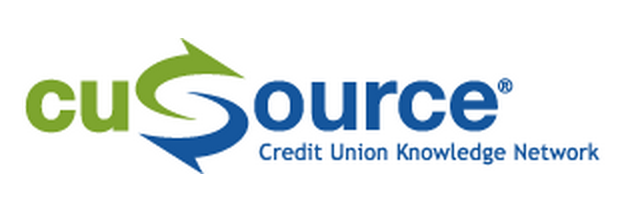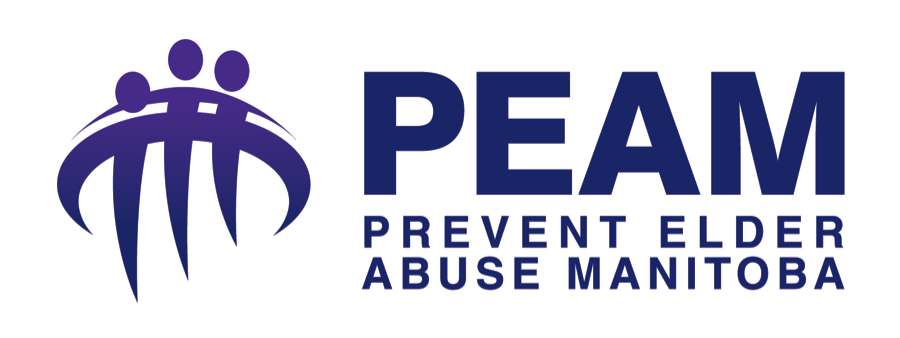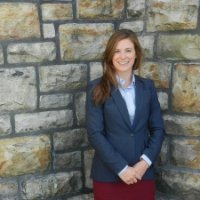- Details
- Published: 06 May 2015



Financial abuse of older adults is the most common type of elder abuse in Canada. With the necessary knowledge and skills, employees at financial institutions can play a key role in detecting and preventing financial abuse of their older members.
The credit union system held a webinar on May 11, 2015 to share initiatives that can help employees identify and prevent financial abuse of their older members. Raeann Rideout, co-Chair of the Canadian Network for the Prevention of Elder Abuse and Regional Consultant with Elder Abuse Ontario spoke about World Elder Abuse Awareness Day, while Dara Maternick, Coordinator with Prevent Elder Abuse Manitoba, and Donna Bailey, Director, Research & Client Solutions for CUSOURCE Credit Union Knowledge Network showcased – Financial Abuse of Older Adults: Recognize, Review Respond – a course designed to help credit union employees recognize and respond to financial abuse.
During this event, several resources were referenced that can be of use for all in the financial services sector to raise awareness about preventing financial abuse of older adults. These resources are shared below for all to access:
- National Strategy For Financial Literacy Phase 1: Strengthening Seniors’ Financial Literacy
- What every older Canadian should know about Powers of Attorney (for financial matters and property) and Joint Bank Accounts
- Safe and_Sound Financial Security (**)
- Financial Abuse by relatives and caregivers
- Did you know? World Elder Abuse Awareness Infographic
- World Elder Abuse Awareness
- (**) Also available in Farsi, Punjabi and Spanish)
Is your organization interested in learning more about preventing elder abuse?
Consider joining the Canadian Network for the Prevention of Elder Abuse to regularly receive information on abuse and neglect issues affecting older adults in Canada. Membership is free.
About the author: Kate Martin works as a policy analyst for the credit union system, where her work focuses on credit union socialresponsibility and government relations. In particular, Kate focuses on financial literacy and values-based banking. Kate has participated in the Parliamentary Internship Program at the Houseof Commons, and completed an MA in History from the University of Victoria, where she had the opportunity to study the reconciliatory relationship between Indigenous peoplesand settler peoples in British Columbia.
Kate Martin works as a policy analyst for the credit union system, where her work focuses on credit union socialresponsibility and government relations. In particular, Kate focuses on financial literacy and values-based banking. Kate has participated in the Parliamentary Internship Program at the Houseof Commons, and completed an MA in History from the University of Victoria, where she had the opportunity to study the reconciliatory relationship between Indigenous peoplesand settler peoples in British Columbia.

















